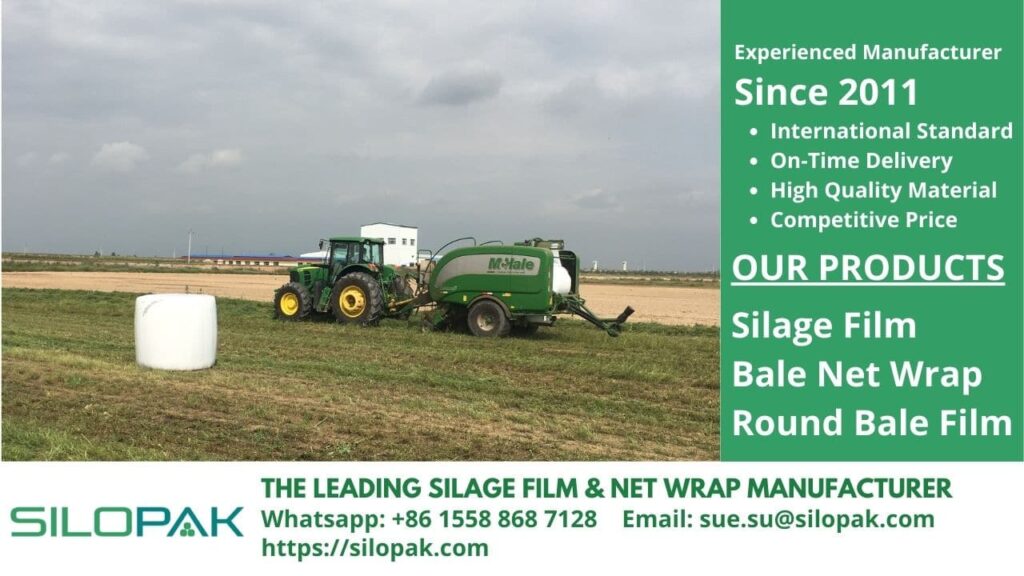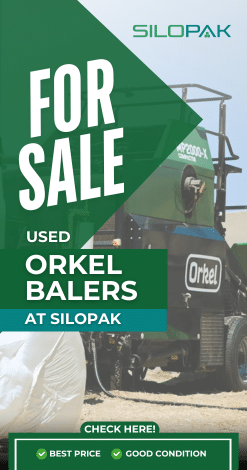
Silage film has been used for years by farmers who require perfect insulation for their harvest. Initially, silage films are used not only for agricultural purposes but also for wrapping and fodder fermentation. Since the result of using silage film for agriculture has a major impact on harvest production, some countries have specified their agricultural silage film to attract farmers and other agricultural industries. Often they make special products of silage film for agriculture in which the construction of the product is different than other films.
contents
Why Is Silage Film So Important In Agriculture?
When Do You Need Agricultural Silage Film?
Farmers typically use silage film for storing round bales and preparing land for new planting seasons. They often buy it just as extreme weather begins, when plants struggle in harsh environments.
Silage film helps farmers keep their harvest dry and well-insulated, preserving nutritional value. This is crucial in regions with four distinct seasons and dramatic weather changes.
Without silage film, storing harvests outdoors during wet or dry seasons degrades seed quality. Storing in large buildings is costly and space-consuming, challenging small farmers.
Many turn to silage film for its efficient outdoor storage, space-saving qualities, and effectiveness in preserving harvests in various climates.

Is Agricultural Silage Film Different From Wrap Film
Although both of them develop as insulation devise that can be used both ways, some companies tend to differentiate the products into categories. The reason why they are kept as different products is that agricultural silage film needs to be more flexible and UV resistant compare to wrap film.
Some wrap film is available in transport colors that are different from agricultural silage which is commonly found in UV-proof colors such as white, black, and sometimes green. Using transparent silage film for agriculture is not recommended because it might be both water and air-resistant, but it can still absorb the UV rays.
As a result, this wrap film might not perform best for agricultural purposes since it requires more rolls and layers to be completely Uv resistant. This type of wrap film is more common in industrial and delivery service where they use wrap film to keep the product or machinery.
Besides silage film can also divide into different size and layers, that makes each of them different in performance and functions. Farmers who live in harsh weather conditions might require thick silage film to ensure that everything is perfectly sealed. Ensure you pick a good quality of three layers silage film that can be used for general wrapping on an item that is kept in a storage room and can face such harsh weather conditions.

